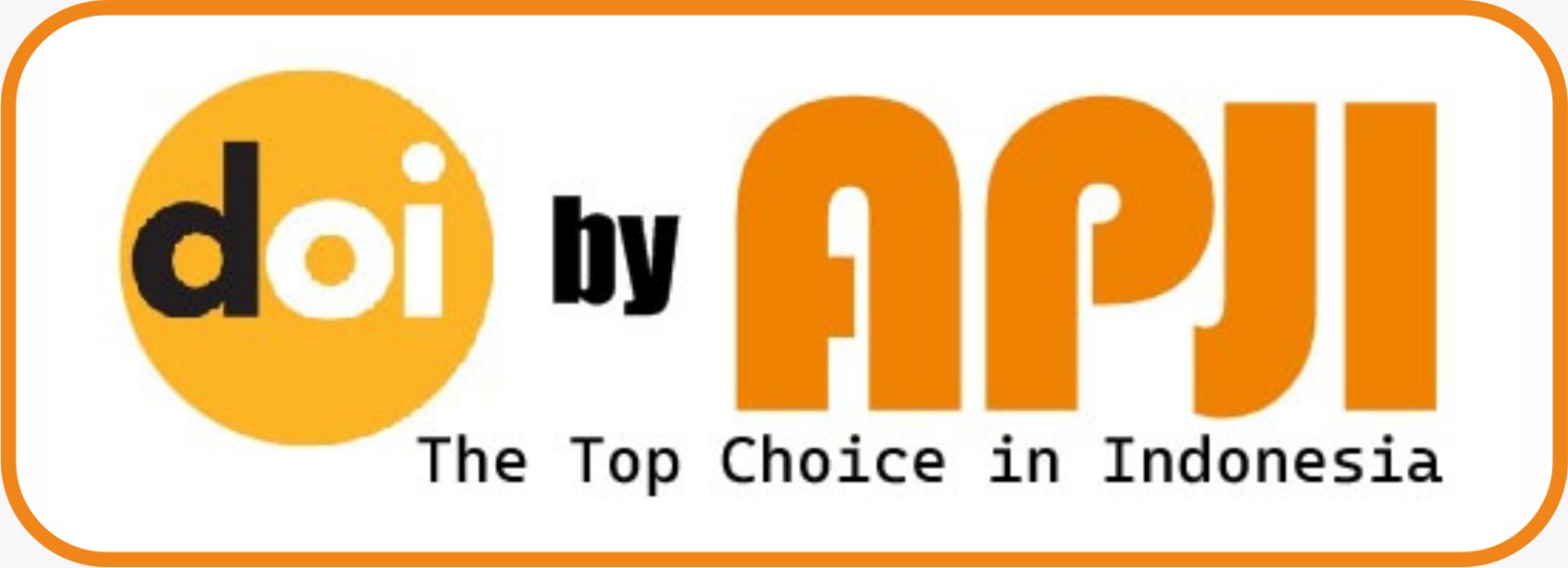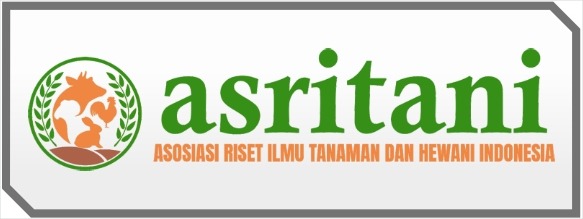The Impact of Inflation on Indonesia's Economic Growth from an Islamic Economic Perspective
DOI:
https://doi.org/10.69930/jsi.v2i4.456Keywords:
Inflation, economic growth, islamic economics, VAR, islamic financingAbstract
This study aims to examine the influence of inflation on Indonesia's economic growth from the perspective of Islamic economics, by incorporating other macroeconomic variables such as investment, poverty rate, and Islamic banking financing. The research utilizes the Vector Autoregression (VAR) method to explore dynamic relationships between variables and to assess both short- and long-term shock impacts from one variable to another. Annual time-series data from 2005 to 2023 were used, sourced from official publications by BPS and the World Bank. The findings reveal that inflation plays a dominant role in reducing economic growth in the short term. However, in the medium and long term, the roles of investment and poverty become increasingly significant. Islamic banking financing also demonstrates growing contributions over time, even though other macroeconomic variables have yet to reach full feasibility. These findings are reinforced by the Impulse Response Function (IRF) analysis, which shows varied responses to shocks among variables, and by the Forecast Error Variance Decomposition (FEVD), which confirms that interactions among the variables are dynamic and evolve over time. The study concludes that maintaining inflation stability and enhancing investment are vital for supporting sustainable economic growth. Furthermore, strengthening the Islamic financial sector could serve as a strategic foundation for promoting equitable, inclusive, and Sharia-compliant economic development. These insights provide valuable input for government and financial authorities in formulating macroeconomic policies rooted in Islamic values.
Downloads
Published
How to Cite
Issue
Section
License
Copyright (c) 2025 Journal of Scientific Insights

This work is licensed under a Creative Commons Attribution-NonCommercial-ShareAlike 4.0 International License.






















